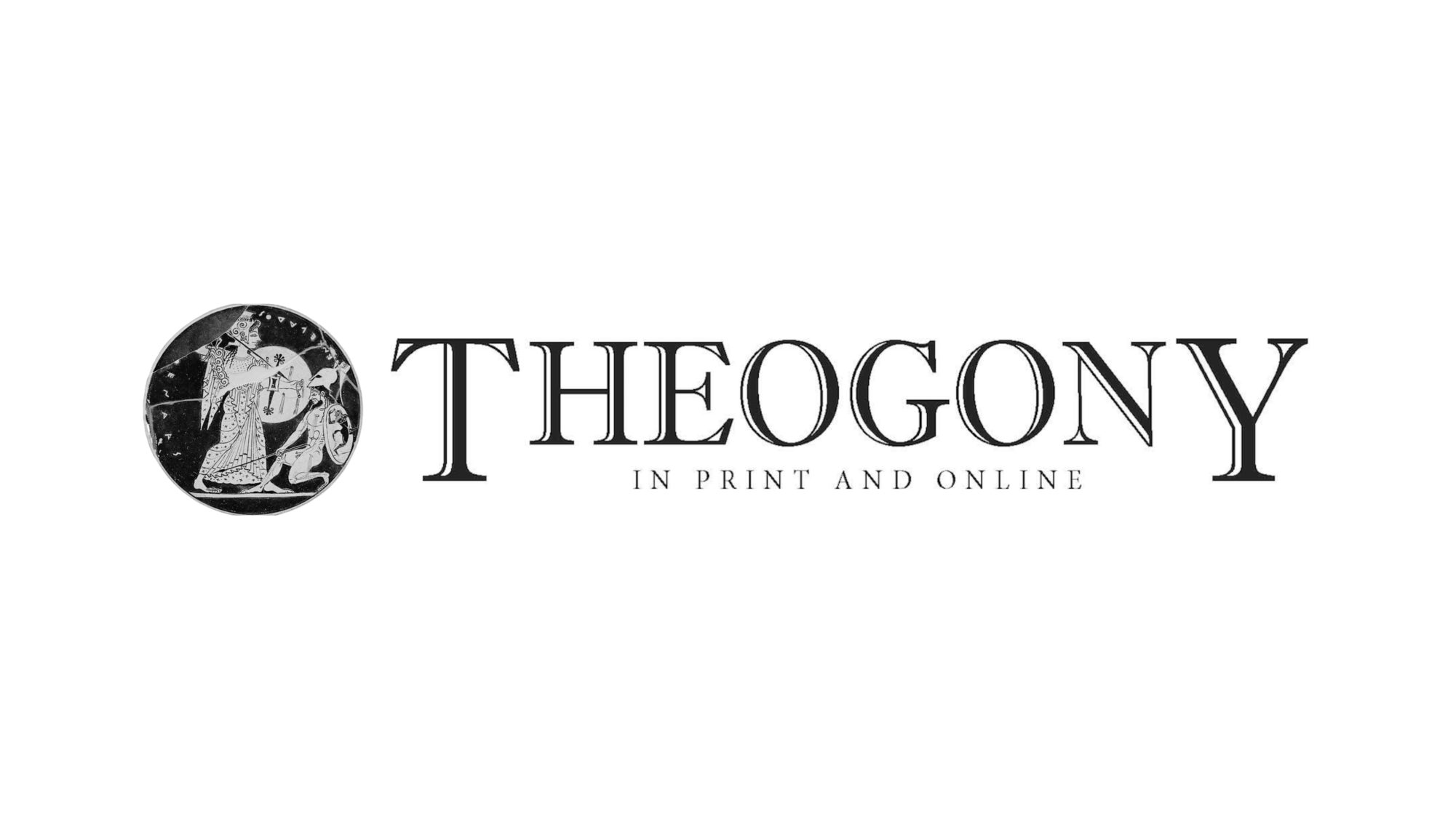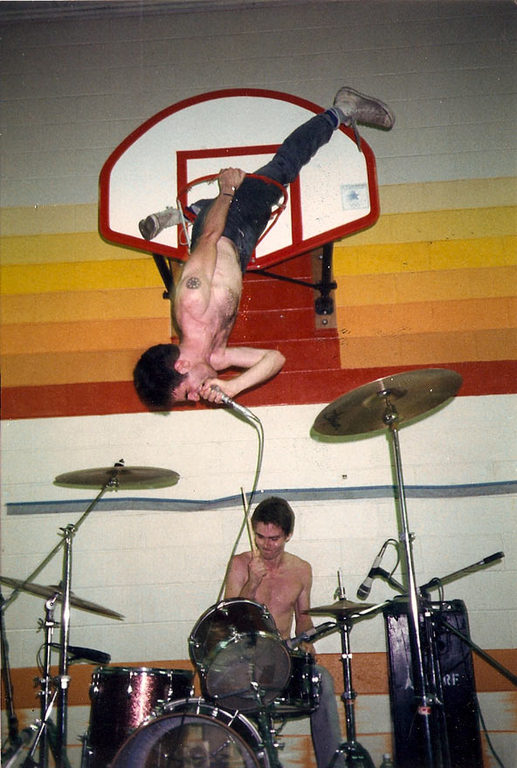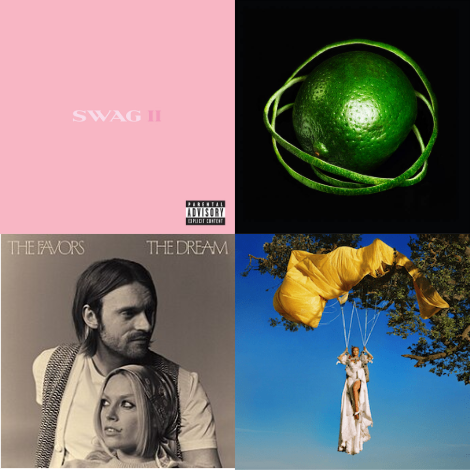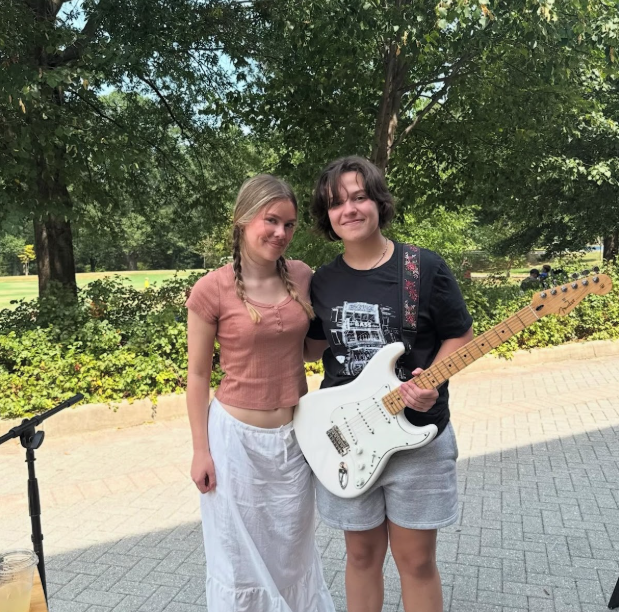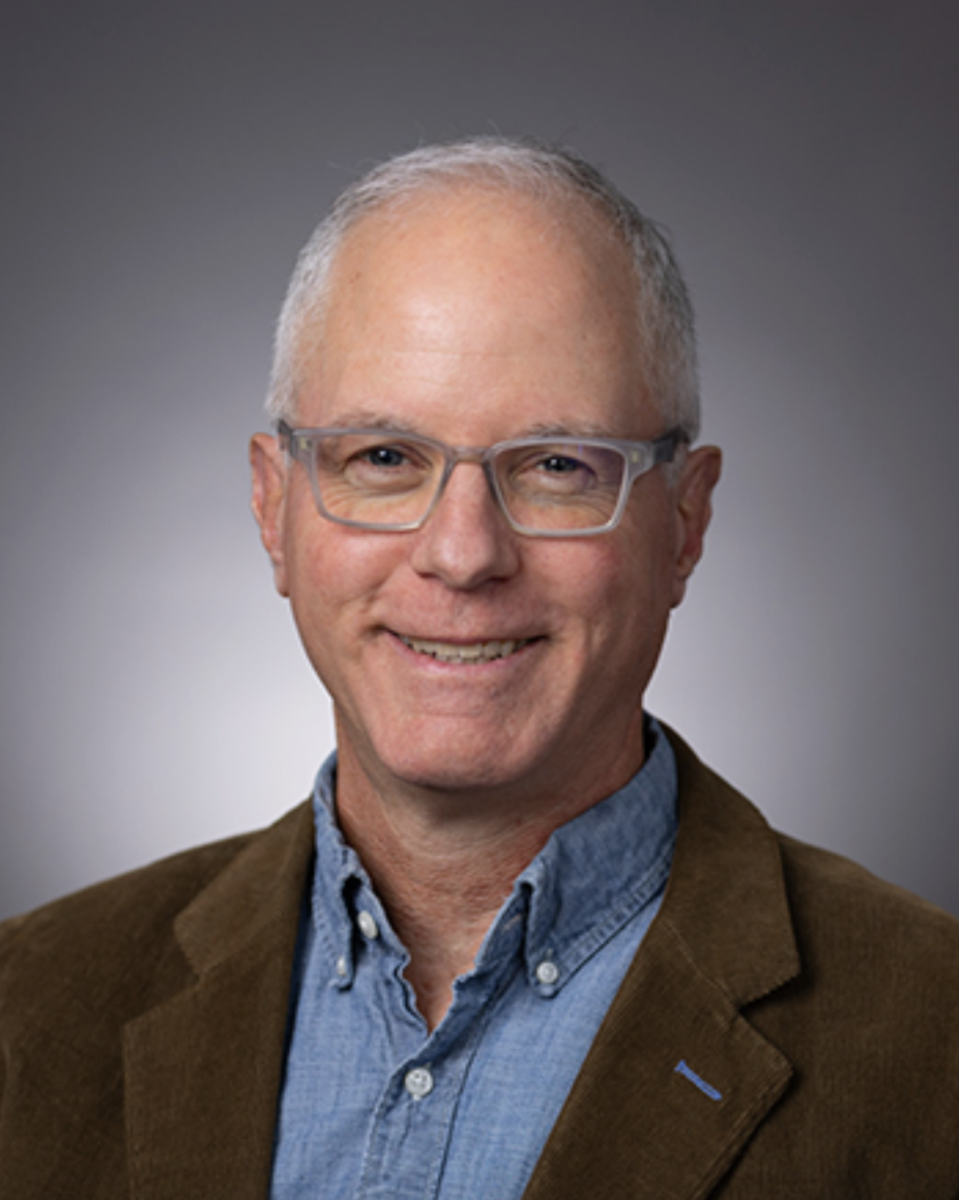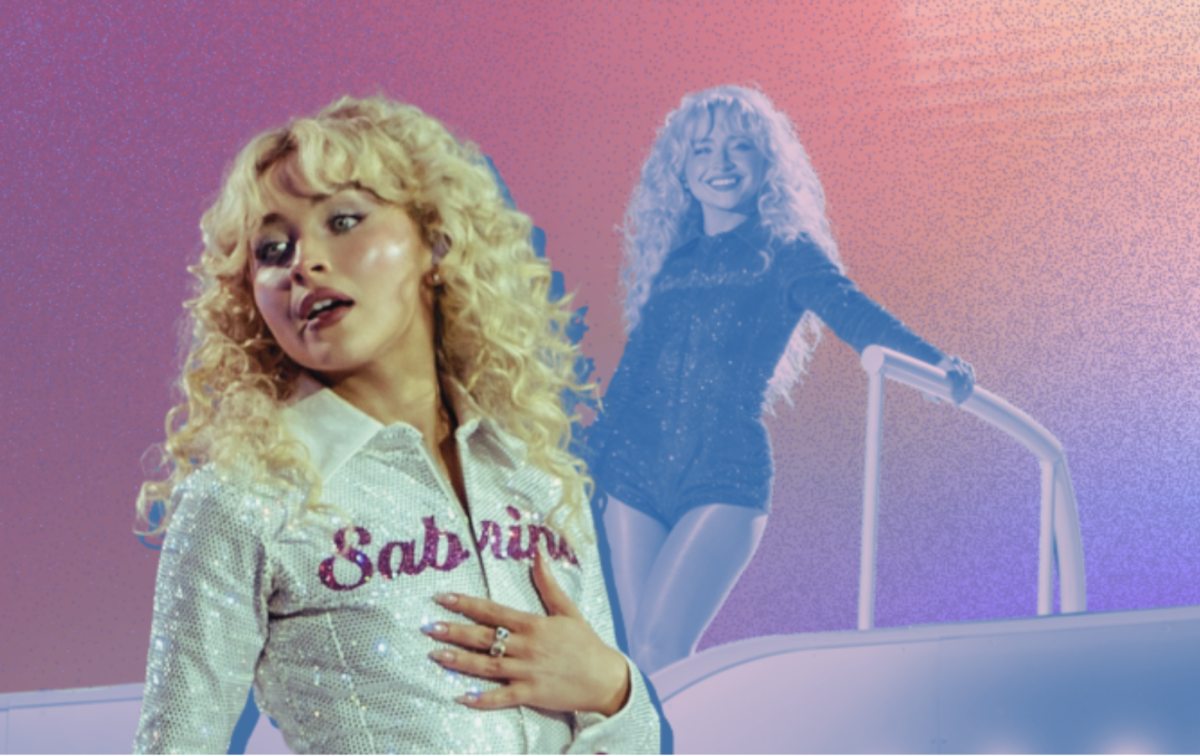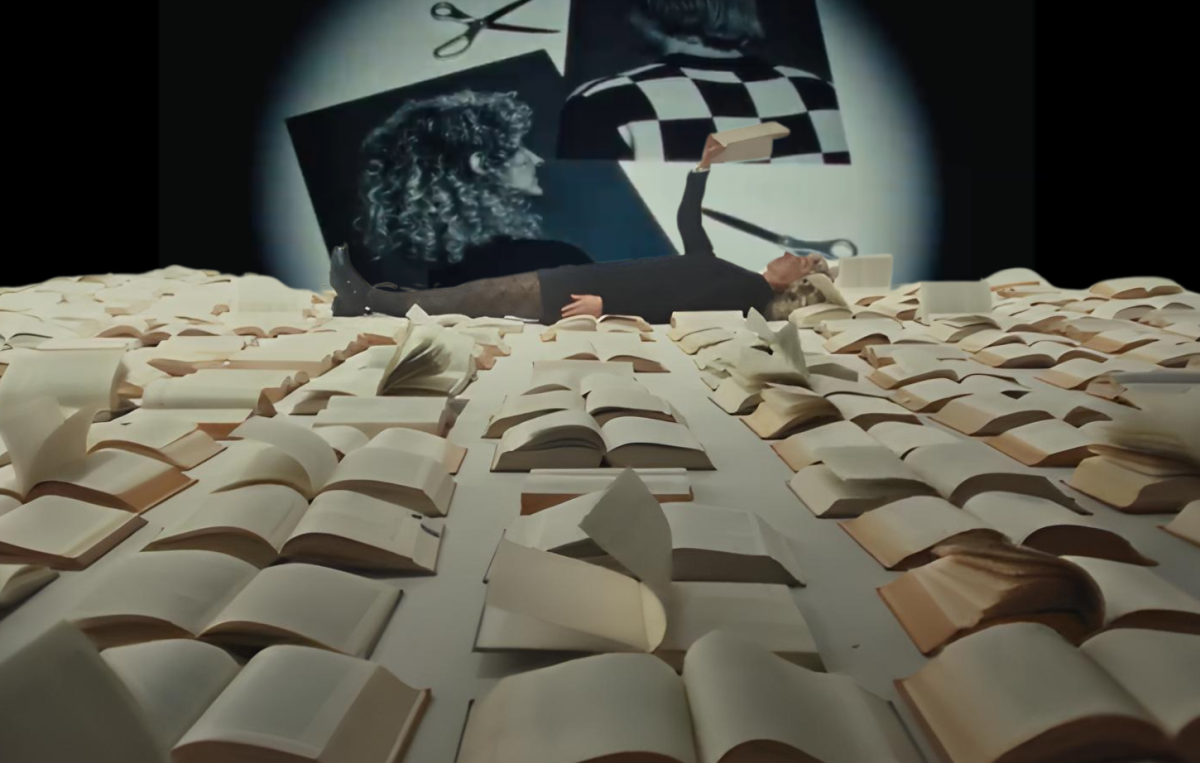Washington D.C. is known for its museums, memorials, monuments and historical landmarks. But there’s something else that it is known for: music. With a diverse and rich history, the music scene is a significant part of Washington’s culture because of its importance in creating an identity and sense of community for locals.
Washington’s music scene popped off in the 1970s when legendary musician Chuck Brown invented a genre of music called go-go. Go-go is a subgenre of funk that is unique with its use of afro-latin beats and crowd participation. Unique to Washington, go-go quickly became the identifying genre of the city with the upbringing of bands such as E.U. (also known as Experience Unlimited), Rare Essence and Northeast Groovers. When asked what the Washington music scene means to him, E.U. frontman “Sugar Bear” said, “It’s my livelihood. Go-go music is the heartbeat of D.C.”
In the late 1970’s, punk-rock music began rapidly rising in popularity and British bands like the Sex Pistols and the Clash became household names. When punk started to become popular in the United States, Washington didn’t hesitate to make a name for itself. By 1985, Washington had already established its own scene for punk rock called harDCore. Bad Brains — who is well known for being the first all black punk rock band — Minor Threat, Void, Faith, Scream and Fugazi are just a few harDCore punk bands that originated from Washington around this time. leading to a rise in local clubs and venues. For instance, the Black Cat and 9:30 clubs opened as a result of the growing popularity of local punk rock, and have become mainstays in Washington’s music scene to this day.
Political beliefs were also a major influence of the rising popularity of punk rock. Anti-establishment, DIY and straight edge themes resonated with the youth of Washington, becoming a movement that still is significant in music today. “It’s more than music, it’s a lifestyle, mindset, and way of thought,” local punk fan Chris Verduga said.
Currently, both go-go and harDCore are still alive within Washington’s culture even though they have sustained significant change since their arrivals.
“A lot [has] changed over the decades; it’s important to adapt to change. That’s why we’re called EU, there’s no limit to our experience,” said Sugar Bear.
Local music is still alive with younger bands like the Knuckleheads and No Clue who stay true to Washington music. Additionally, the establishment of a Northern Virginia scene has begun to increase in popularity, with genres that span from pop to extreme metal.
Local music’s importance in Washington is pivotal. Music isn’t just an art form; it’s also a community. This sense of community has and will continue to be a form of identity for D.C. culture.
“Punk rock is about community first and foremost,” said Silver Fanning, an ACHS student and avid harDCore fan. “The two things that have been said time and time again by various performers about the nature of punk shows is that there are only two rules. Rule number one: we’re all here for the same reason, to have some fun, so have some fun. Rule number two: if someone falls down, you pick them right back up again.”
